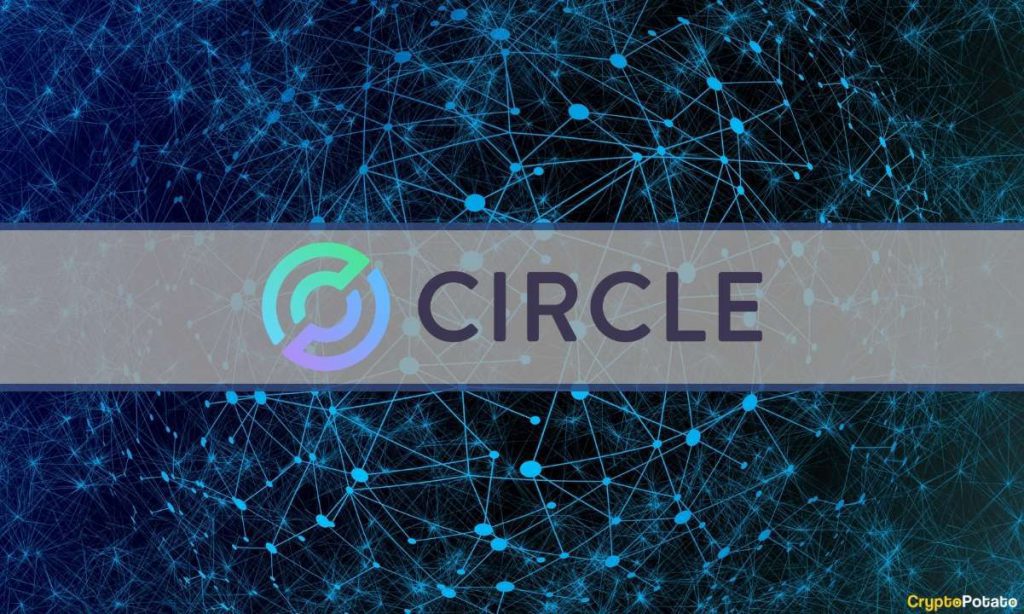After the collapse of the Terra ecosystem (which included its native token LUNA and its algorithmic stablecoin UST), the crypto community started to become more cautious about stablecoins, pushing large projects such as Tether’s USDT and Circle’s USD Coin (USDC) to be more transparent about their finances.
On July 14, Circle Internet Financial released its first monthly report on the USDC reserve assets it held in storage as of June 30, 2022. The company revealed that the USDC reserve is held solely in cash and 3-month U.S. Treasuries. This is important because it proves that it has enough liquidity to return all assets in a short period of time in case of a major panic attack or a negative event of any kind.
When a coin lacks proper backing, pressure from clients trying to withdraw their funds and move to a more trustworthy asset could lead to a spiral effect that ends up in a collapse. Also, a lack of inmediate liquidity could heavily affect the investment strategies of affected parties.
According to Circle’s report, its total reserves are $55.7 billion, divided into two parts; one of $42.122 billion in Treasury bonds and the second in $13.5 billion in cash invested in financial institutions regulated by the United States.
Circle continues enhancing our transparency and today we shared a detailed look at the assets backing the USDC reserve. https://t.co/1tuaFWZhIO
— Circle (@circlepay) July 14, 2022
This amount is on par with the USDC marketcap data showed by Coinmarketcap. Circle also provided a complete list of USDC reserve custodians.
Circle Emphasizes Its Good Relationships With US Regulators
Jeremy Fox-Geen, Chief Financial Officer at Circle, said in the company’s statement that since USDC’s launch in 2018, Circle had obtained monthly certifications from third-party and market-leading accounting firms on the adequacy of reserves and their composition. In addition, Circle has made sure to comply with all audits required by regulators along with their recommendations.
“Circle’s audits contained within our public SEC filings are available here. Audits and attestations serve different purposes that are discussed in this blog, How to Build Trust.“
In this way, Circle and Tether continue to work their way through regulators to launch new stablecoins that maintain parity with other traditional currencies, as is the case with EUROC, Circle’s new stablecoin backed by the euro and Tether’s new stablecoin pegged to the Brazilian real.
Stablecoin Projects Are Becoming More Transparent
As mentioned above, stablecoin projects are becoming more transparent after the de-pegging of several tokens —algorithmic or not. The most prominent example is UST which literally dropped from 1 USD to less than 10 cents in a couple of days.
A similar event happened with USDT, which lost its parity against the american dollar for a couple of days. Tether Limited, the company that manages Tether (USDT), said in mid-May that it was working to reduce the amount of commercial paper it held to $3.5 billion by the end of July. A very significant amount considering that by the end of 2021, the company had more than $24 billion in its reserves.
Assurance Opinion Once Again Re-affirms Tether’s Reserves Fully Backed; Reveals Significant Reductions in Commercial Paper and Increase in U.S. Treasury Bills https://t.co/8qVSQFQBeY
— Tether (@Tether_to) May 19, 2022
In addition, the company announced that its goal was to reduce its paper reserves to 0. All this helped reduce the nervousness of many investors, and the coin started to regain Trust and value, returning to the average threshold.
Binance Free $100 (Exclusive): Use this link to register and receive $100 free and 10% off fees on Binance Futures first month (terms).
PrimeXBT Special Offer: Use this link to register & enter POTATO50 code to receive up to $7,000 on your deposits.


